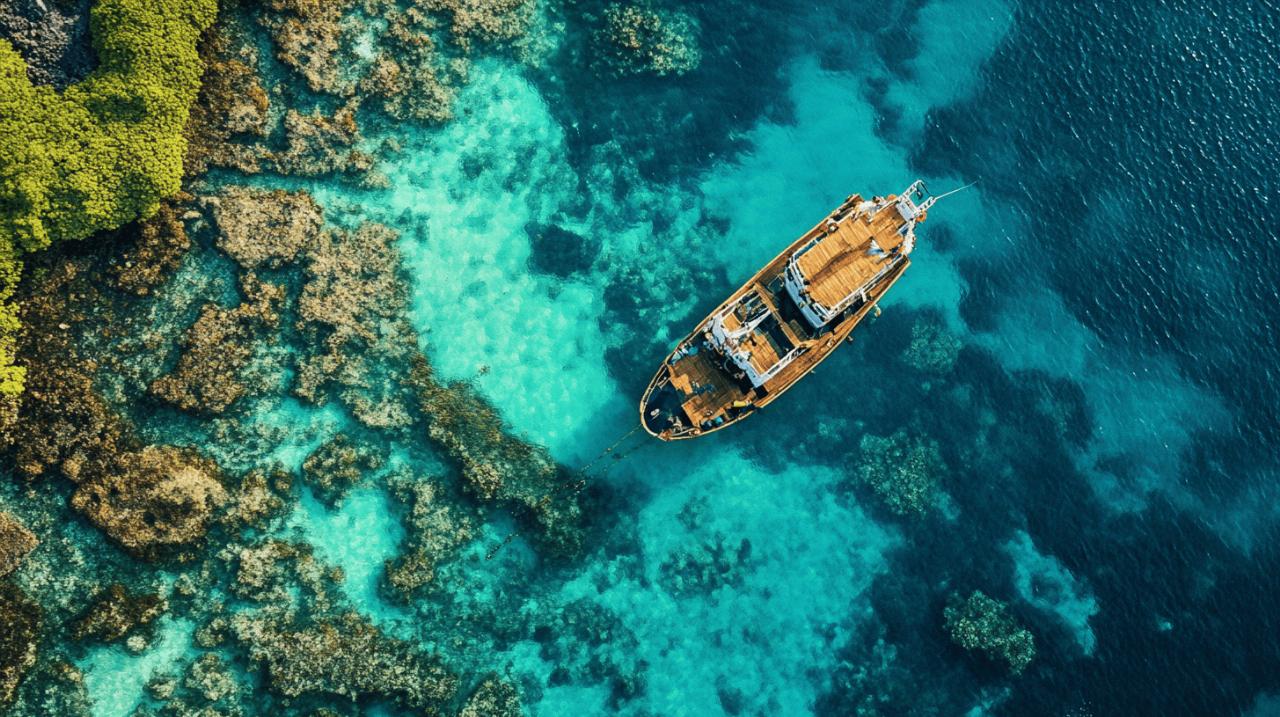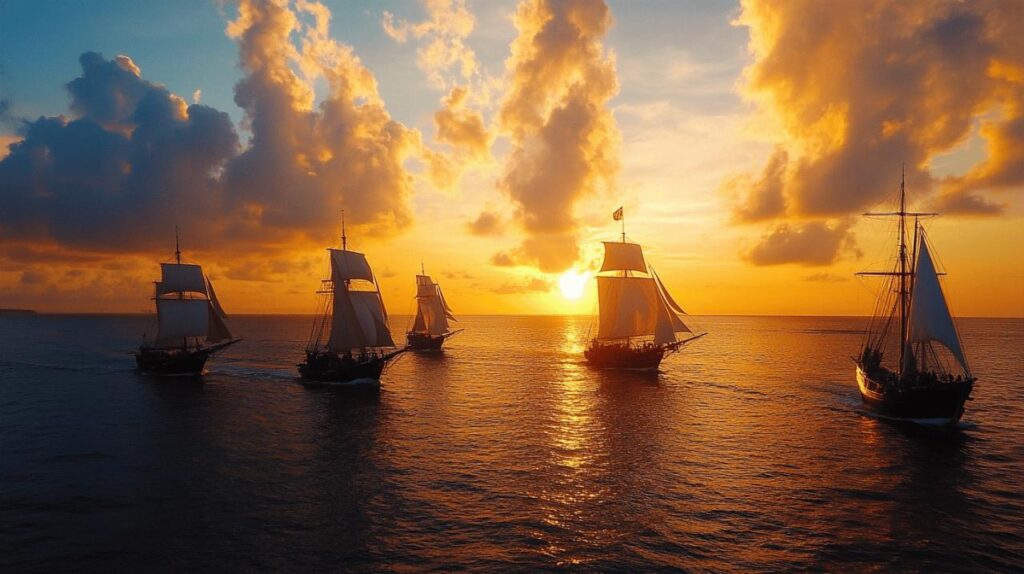Maritime traditions offer a fascinating glimpse into the cultural fabric of coastal communities worldwide. As travellers seeking authentic experiences, discovering these unique sea-based customs can transform an ordinary beach holiday into a profound cultural immersion. The ocean has shaped human civilisation for millennia, creating distinctive practices that continue to thrive despite our rapidly modernising world. These traditions not only connect us with our ancestral past but also highlight the deep relationship between communities and their marine environments.
Ancient sea rituals still practised today
Throughout coastal regions across the globe, ancient maritime ceremonies continue to be observed with remarkable dedication. These rituals, often centuries old, reflect the deep respect and sometimes fear that seafaring communities hold for the ocean. Many of these traditions blend pre-Christian beliefs with more recent religious practices, creating unique cultural expressions. According to travel experts at ameropaviaggi.it, these authentic cultural experiences have become increasingly sought after by travellers looking for more meaningful connections during their journeys.
Ship christening ceremonies across different cultures
The tradition of christening ships before their maiden voyage remains one of the most enduring maritime customs worldwide. While the modern Western practice typically involves breaking a champagne bottle across the bow, different cultures have developed their own distinctive rituals. In parts of Southeast Asia, monks bless vessels with sacred chants and offerings, while some Mediterranean fishing communities still adorn their boats with specially painted eyes to help the vessel ‘see’ dangers at sea. These ceremonies reflect a universal desire for protection on the unpredictable waters, making them fascinating cultural encounters for visitors interested in maritime heritage.
Sacred Offerings to Sea Deities in Coastal Communities
Coastal populations worldwide continue to make offerings to sea deities or spirits, believing these supernatural forces control the bounty and safety of the waters. In Belle-Île-en-Mer, France, local fishermen maintain a tradition of placing small tokens at specific coastal shrines before major fishing expeditions. Similarly, communities along the Kenyan coast perform elaborate ceremonies during certain moon phases, offering fruits and specially prepared foods to ensure continued abundance from the sea. The Oceanic Society, which has been supporting ocean conservation since 1969, often incorporates visits to these cultural ceremonies into their nature travel expeditions, providing travellers with opportunities to witness these meaningful traditions while promoting sustainable tourism practices.
Fishing traditions that defy modern times
 Despite technological advances in commercial fishing, numerous communities worldwide maintain traditional fishing methods that have remained largely unchanged for generations. These techniques often represent a more sustainable approach to harvesting from the sea, making them increasingly valuable in an era of marine conservation concerns. Beyond their practical purpose, these methods form a core component of cultural identity for many coastal communities, with associated celebrations and customs that mark the changing seasons and honour successful catches.
Despite technological advances in commercial fishing, numerous communities worldwide maintain traditional fishing methods that have remained largely unchanged for generations. These techniques often represent a more sustainable approach to harvesting from the sea, making them increasingly valuable in an era of marine conservation concerns. Beyond their practical purpose, these methods form a core component of cultural identity for many coastal communities, with associated celebrations and customs that mark the changing seasons and honour successful catches.
Unique fishing methods passed down through generations
From the cormorant fishers of China and Japan to the stilt fishermen of Sri Lanka, traditional fishing practices offer fascinating glimpses into human ingenuity and adaptation. In the waters surrounding the Raja Ampat Archipelago, local fishermen still practise an ancient technique using hand-crafted wooden fish traps designed to target specific species without damaging coral reefs. Similarly, in certain Portuguese coastal villages, fishermen continue to use techniques introduced by their Phoenician ancestors over two millennia ago. These methods, while less efficient than modern industrial fishing, often prove more selective and environmentally friendly, aligning with contemporary ocean conservation goals while preserving cultural heritage.
Seasonal fishing festivals around the world
Maritime festivals celebrating fishing seasons occur throughout the year across different coastal regions, offering travellers authentic cultural immersion opportunities. The National Museum of the Royal Navy in the UK showcases historical fishing traditions through interactive exhibitions at its six sites across the country. These museums highlight how fishing communities developed elaborate celebrations to mark successful seasons and ensure future abundance. From the dramatic tuna festivals in Mediterranean ports to the vibrant lobster season celebrations along the North American Atlantic coast, these events typically feature distinctive music, dance, cuisine, and ceremonial elements. Travellers seeking genuine cultural experiences can plan trips around these festivals, experiencing local traditions firsthand while enjoying spectacular seafood and community celebrations that have defined coastal life for generations.

